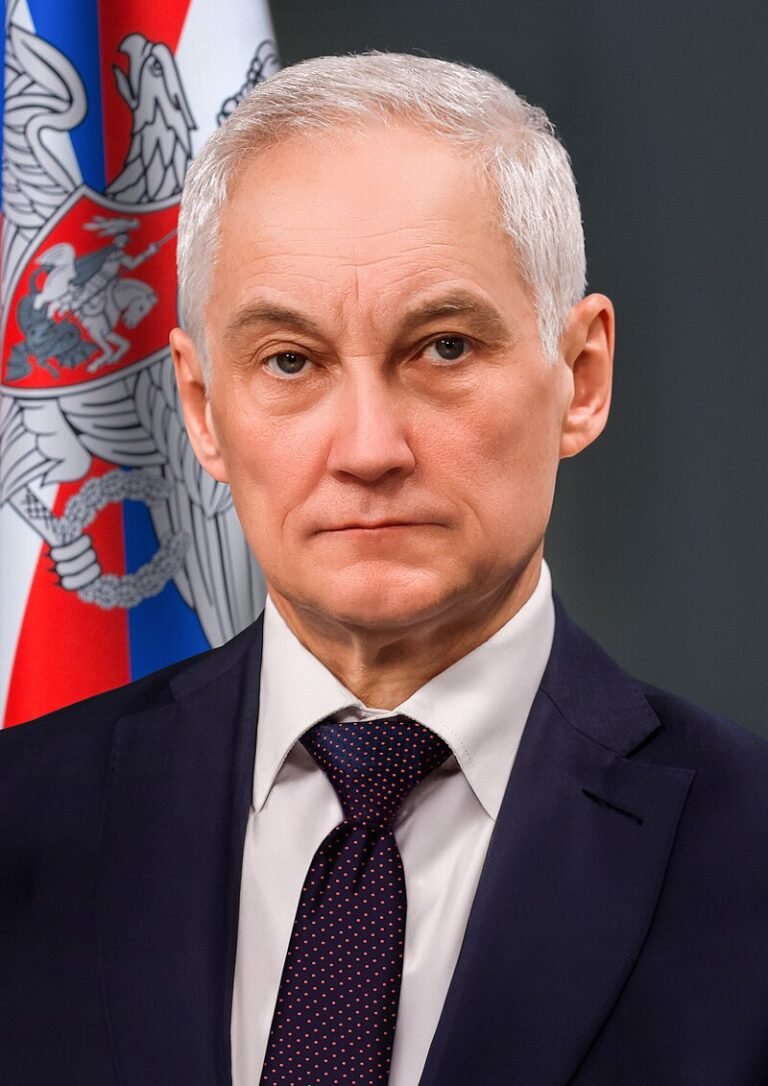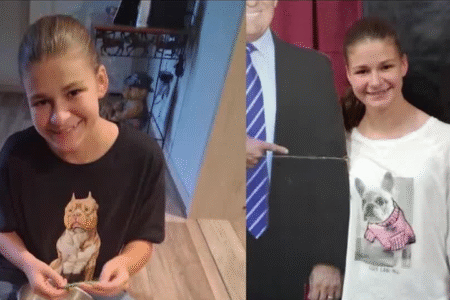Andrei Belousov has recently gained attention as the Russian Defence Minister participating in a significant international meeting held under the Shanghai Cooperation Organisation (SCO) in Qingdao, China. During this important gathering, Belousov shared his views on the growing dangers and uncertainties facing the world today. His presence alongside defence leaders from China, Iran, India, and other SCO member states highlights Russia’s ongoing commitment to regional security and international cooperation within this influential group.
At the Qingdao meeting, Andrei Belousov emphasized that global political and military tensions are worsening, creating a more dangerous and unpredictable environment. His comments reflected concerns about the rise of unilateral actions by powerful countries and growing protectionist policies that threaten global peace and stability. By joining forces with other SCO defence chiefs, Belousov called for unity and collective action to counter these challenges. He stressed that working together as a group is essential to maintaining peace and promoting development across member states and their regions.
The SCO, which includes ten member countries, serves as a platform for these nations to collaborate on political, economic, scientific, and security issues. China has long supported the SCO as a counterbalance to Western-led alliances, especially NATO. The Qingdao meeting took place at a critical moment marked by global tensions such as unrest in the Middle East and increased military activities by NATO countries in Europe. This context adds significance to the statements and agreements made by defence leaders like Andrei Belousov.
Belousov’s participation also reflects the closer ties between Russia and China, which have strengthened in recent years amid shifting global power dynamics. Although China claims neutrality in conflicts such as the war in Ukraine, Western countries believe China’s trade and diplomatic support have helped Russia in some ways. This partnership was apparent during the SCO meeting, as both Russia and China demonstrated their desire to build a strong coalition of like-minded nations that aim to ensure peace and stability outside of Western influence.
While the article mentions Andrei Belousov as the Russian Defence Minister, it is worth noting that in reality, Sergei Shoigu has held this position since 2012. The use of Belousov’s name in this context may be an error or a fictional detail in the report. However, focusing on the role attributed to Belousov here, his stance aligns with Russia’s broader goals of resisting Western pressure and promoting regional cooperation through groups like the SCO.
Belousov’s warning about a more dangerous and uncertain world fits with other concerns voiced at the meeting. Chinese Defence Minister Dong Jun, speaking from Qingdao—a city known for its large naval base—also highlighted the need for SCO members to stand united against threats. He criticized unilateralism and protectionism, warning that some powerful countries’ attempts to dominate others harm global peace. Together, these defence leaders are urging their countries to act as one, emphasizing cooperation as the key to security and growth.
The meeting occurred just after a NATO summit in The Hague, where member countries agreed to increase defence spending. This decision responds to ongoing conflicts and U.S. demands for higher military contributions from allies. Against this backdrop, the SCO event serves as a contrasting statement from non-Western powers like Russia, China, Iran, and India. Their focus on unity and peaceful development offers an alternative vision of international relations, one less influenced by Western-led military alliances.
India’s Defence Minister Rajnath Singh also took part in the meeting, expressing the need for SCO members to work together to address today’s global challenges. Singh noted that globalisation’s power is fading and that countries must find new ways to cooperate. This message aligns with Belousov’s and Dong Jun’s views, underscoring the SCO’s role as a forum for non-Western countries to collaborate on security, trade, and scientific exchange.
Despite the tensions between some SCO members and Western countries, the organisation aims to promote peace and stability through dialogue and partnership. The Qingdao gathering showed that China and Russia, in particular, want to strengthen the SCO’s influence in world affairs. By working closely with allies like Iran, India, Belarus, and Pakistan, these nations hope to shape a future security order that reflects their interests and values.
Andrei Belousov’s contribution to this effort as the Russian Defence Minister symbolizes Moscow’s commitment to multilateral cooperation in the region. His call for unity against rising global threats and worsening tensions highlights the challenges facing the international community. As the SCO continues to grow in importance, the voices of leaders like Belousov will remain central to discussions on how to maintain peace and promote development amid an increasingly complex world.







